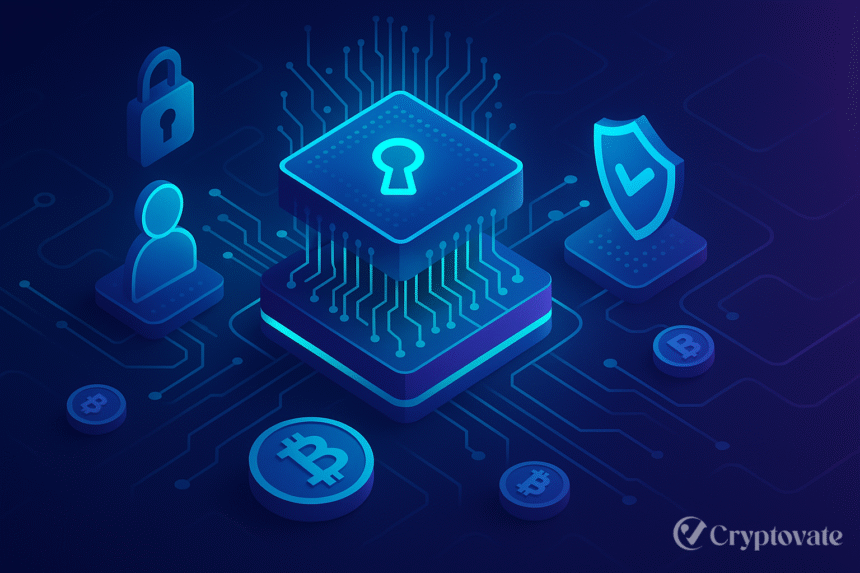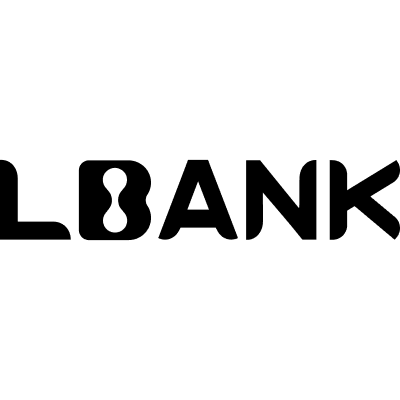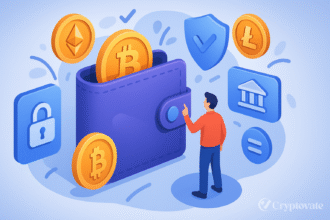– Ad –
| Getting your Trinity Audio player ready... |
Blockchain technology has revolutionized industries by offering decentralized, transparent, and secure systems for transactions and data management. However, one persistent challenge is privacy. While blockchains like Bitcoin and Ethereum ensure transparency by recording all transactions publicly, this openness can expose sensitive user data. Enter zero-knowledge proofs (ZKPs)—a cryptographic breakthrough that promises to redefine privacy in blockchain systems. This article explores what ZKPs are, how they work, their applications in blockchain, and why they are considered the future of blockchain privacy.
What Are Zero-Knowledge Proofs?
Zero-knowledge proofs are cryptographic methods that allow one party (the prover) to prove to another (the verifier) that a statement is true without revealing any additional information. In simpler terms, ZKPs enable you to prove knowledge of a fact—such as a password, a transaction, or a computation—without disclosing the details of that fact.
The concept was introduced in the 1980s by researchers Shafi Goldwasser, Silvio Micali, and Charles Rackoff. A ZKP must satisfy three key properties:
- Completeness: If the statement is true, the proof convinces the verifier.
- Soundness: If the statement is false, no cheating prover can convince the verifier.
- Zero-Knowledge: The verifier gains no information other than confirmation that the statement is true.
A classic analogy is the “Ali Baba’s Cave.” Imagine a cave with a locked door that requires a secret code to open. The prover demonstrates they know the code by entering and exiting through a hidden passage, proving their knowledge without revealing the code itself.
How Zero-Knowledge Proofs Work
ZKPs rely on complex mathematical techniques, often involving number theory and elliptic curve cryptography. The most common types used in blockchain are:
- zk-SNARKs (Zero-Knowledge Succinct Non-Interactive Argument of Knowledge): These are compact proofs that require minimal computation and no interaction between prover and verifier. They’re widely used due to their efficiency.
- zk-STARKs (Zero-Knowledge Scalable Transparent Argument of Knowledge): These are more scalable and don’t require a trusted setup, but they produce larger proofs.
In blockchain, ZKPs enable users to verify transactions or data while keeping sensitive information private. For example, a user can prove they have sufficient funds for a transaction without revealing their account balance or transaction history.
Also Read: The Evolution of Blockchain: From Bitcoin to Web3
Why Blockchain Needs Zero-Knowledge Proofs
Public blockchains are inherently transparent, with every transaction visible to all network participants. While this ensures trust and immutability, it compromises user privacy. For instance:
- In Bitcoin, wallet addresses are pseudonymous, but transaction patterns can be analyzed to link addresses to real-world identities.
- In Ethereum, smart contract interactions often reveal sensitive data, such as token balances or contract terms.
This lack of privacy hinders blockchain adoption in industries like finance, healthcare, and identity management, where confidentiality is critical. ZKPs address this by enabling private transactions and computations while maintaining blockchain’s security and decentralization.
Applications of Zero-Knowledge Proofs in Blockchain
ZKPs are transforming blockchain applications across various sectors. Here are some key use cases:
1. Private Transactions
Cryptocurrencies like Zcash use zk-SNARKs to offer shielded transactions, where the sender, receiver, and amount are hidden. Unlike Bitcoin, where transaction details are public, Zcash allows users to prove transaction validity without disclosing sensitive information.
2. Scalable Layer-2 Solutions
ZKPs power layer-2 scaling solutions like zk-Rollups, which bundle thousands of transactions into a single proof verified on the main blockchain. This reduces costs and increases throughput while preserving privacy. Projects like Loopring and StarkNet leverage zk-Rollups for efficient, private DeFi transactions.
3. Identity and Authentication
ZKPs enable decentralized identity systems where users can prove attributes (e.g., being over 18) without revealing their full identity. This is crucial for privacy-preserving authentication in voting systems, KYC processes, or access control.
4. Secure Data Sharing
In industries like healthcare, ZKPs allow data sharing with privacy guarantees. For example, a hospital can prove a patient’s eligibility for treatment without exposing their medical history, ensuring compliance with regulations like HIPAA.
5. Smart Contract Privacy
ZKPs can make smart contracts private. For instance, a decentralized finance (DeFi) protocol could verify a user’s creditworthiness without exposing their financial data, fostering trust in DeFi applications.
Benefits of Zero-Knowledge Proofs
- Enhanced Privacy: ZKPs protect sensitive data, making blockchains suitable for enterprise and personal use.
- Scalability: Solutions like zk-Rollups reduce blockchain congestion, lowering transaction fees and improving speed.
- Regulatory Compliance: ZKPs enable compliance with data protection laws by minimizing data exposure.
- Trustless Verification: ZKPs maintain blockchain’s trustless nature, as verifiers don’t need to trust the prover’s data.
Challenges of Zero-Knowledge Proofs
Despite their potential, ZKPs face hurdles:
- Computational Complexity: Generating ZKPs, especially zk-SNARKs, requires significant computational resources.
- Trusted Setup: zk-SNARKs rely on a trusted setup, which, if compromised, could undermine security. zk-STARKs mitigate this but are less efficient.
- Implementation Complexity: Incorporating ZKPs into blockchains demands sophisticated cryptographic knowledge.
- Adoption Barriers: Limited awareness and technical challenges slow ZKP adoption in mainstream blockchain ecosystems.
The Future of Zero-Knowledge Proofs
The future of ZKPs in blockchain is bright. Progress in cryptographic research is enhancing the speed and efficiency of ZKPs. Projects like Ethereum’s adoption of zk-Rollups signal mainstream integration. As privacy concerns grow and regulations tighten, ZKPs will likely become a standard feature of blockchain protocols, enabling:
- Mass Adoption: Privacy-focused blockchains will attract industries wary of public ledgers.
- Interoperability: ZKPs could enable private cross-chain transactions, enhancing blockchain interoperability.
- Regulatory Alignment: ZKPs will help blockchains comply with global privacy laws like GDPR and CCPA.
Conclusion
Zero-knowledge proofs are a game-changer for blockchain privacy, balancing transparency with confidentiality. By enabling private transactions, scalable solutions, and secure data sharing, ZKPs address one of blockchain’s biggest limitations. While challenges like computational complexity remain, ongoing innovations are making ZKPs more accessible. As privacy becomes a priority in the digital age, ZKPs are poised to shape the future of blockchain, unlocking its potential for industries and individuals alike.
FAQs
What is a zero-knowledge proof in simple terms?
A zero-knowledge proof is a way to prove something is true (e.g., you have enough funds) without revealing the details (e.g., your account balance). It’s like showing you know a password without typing it out.
How do zero-knowledge proofs improve blockchain privacy?
They allow transactions and data to be verified without exposing sensitive details, such as sender, receiver, or amount, making blockchains more private and secure.
Are zero-knowledge proofs secure?
Yes, when implemented correctly, ZKPs are secure due to their cryptographic foundations. However, vulnerabilities in trusted setups or flawed implementations can pose risks.
Which blockchains use zero-knowledge proofs?
Blockchains like Zcash, Ethereum (via zk-Rollups), Loopring, and StarkNet use ZKPs for privacy and scalability. More are expected to adopt them as technology advances.

















